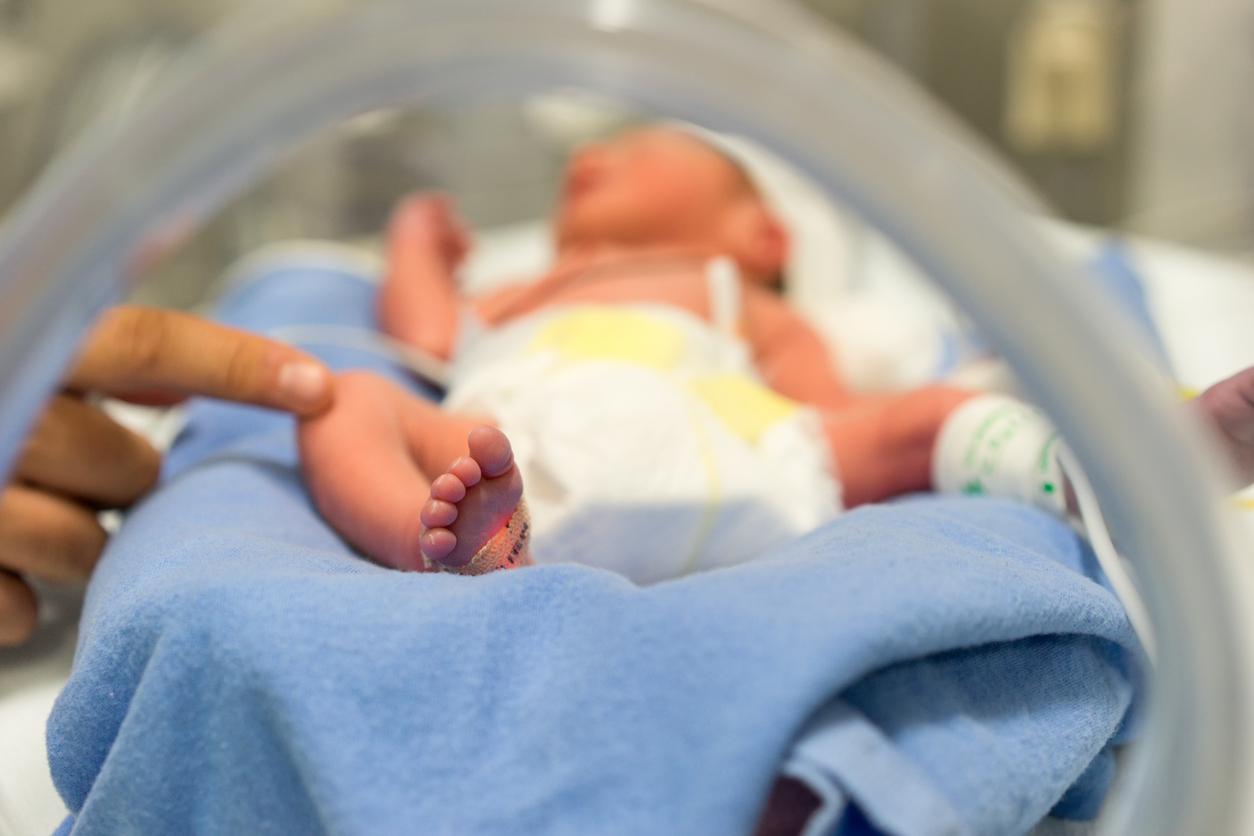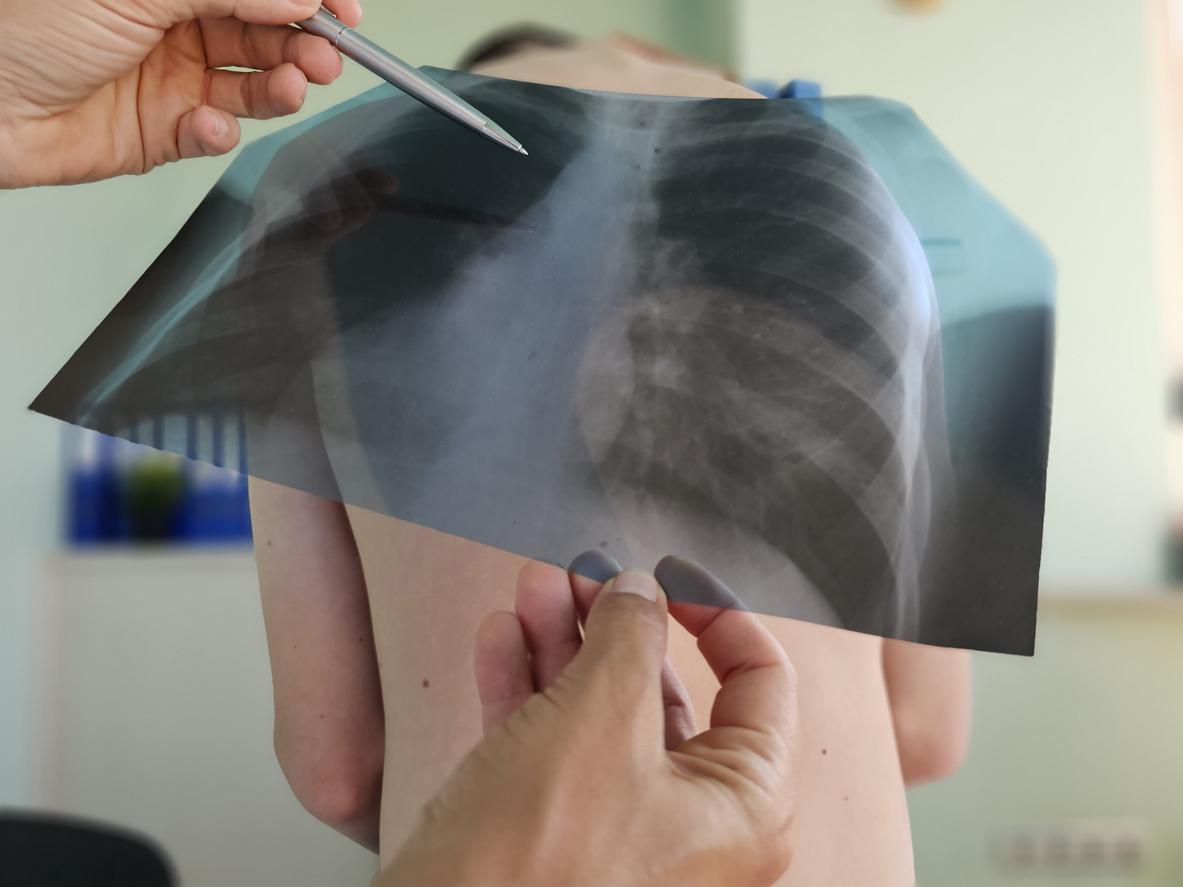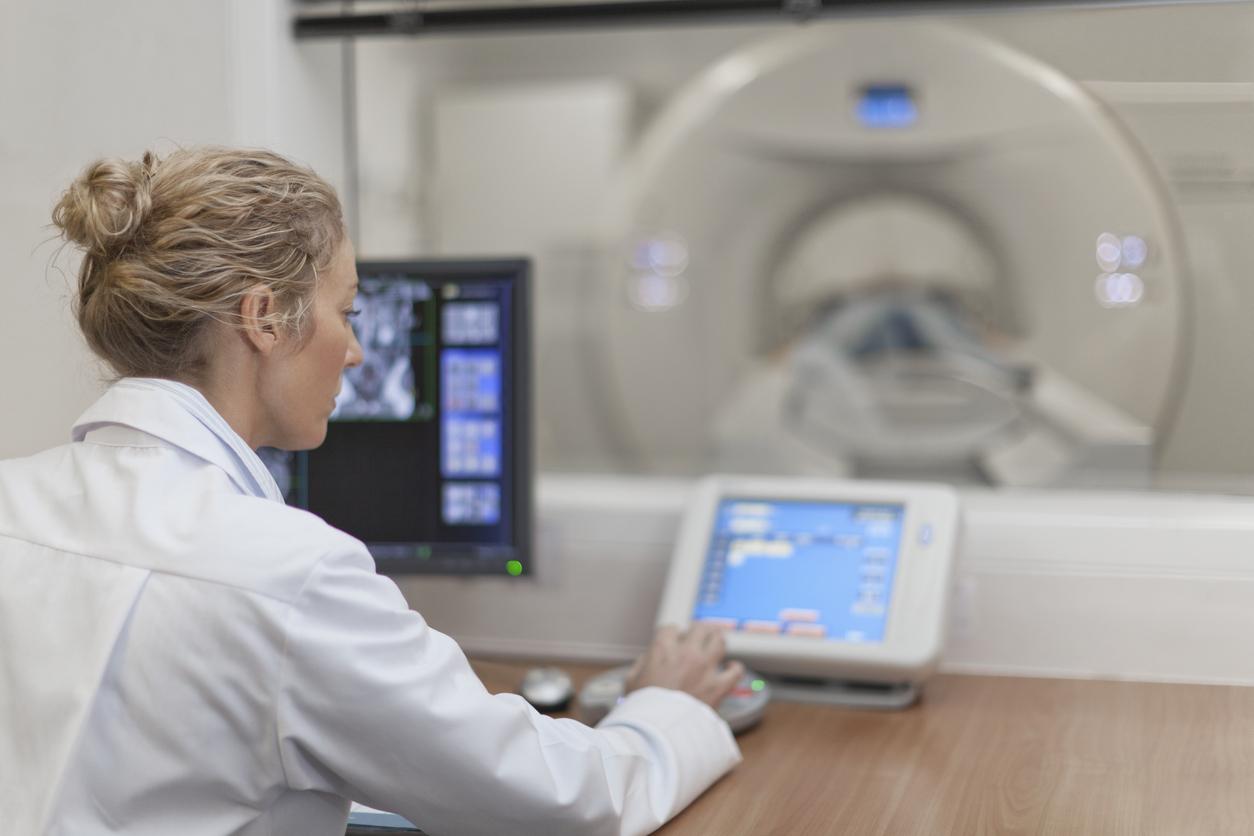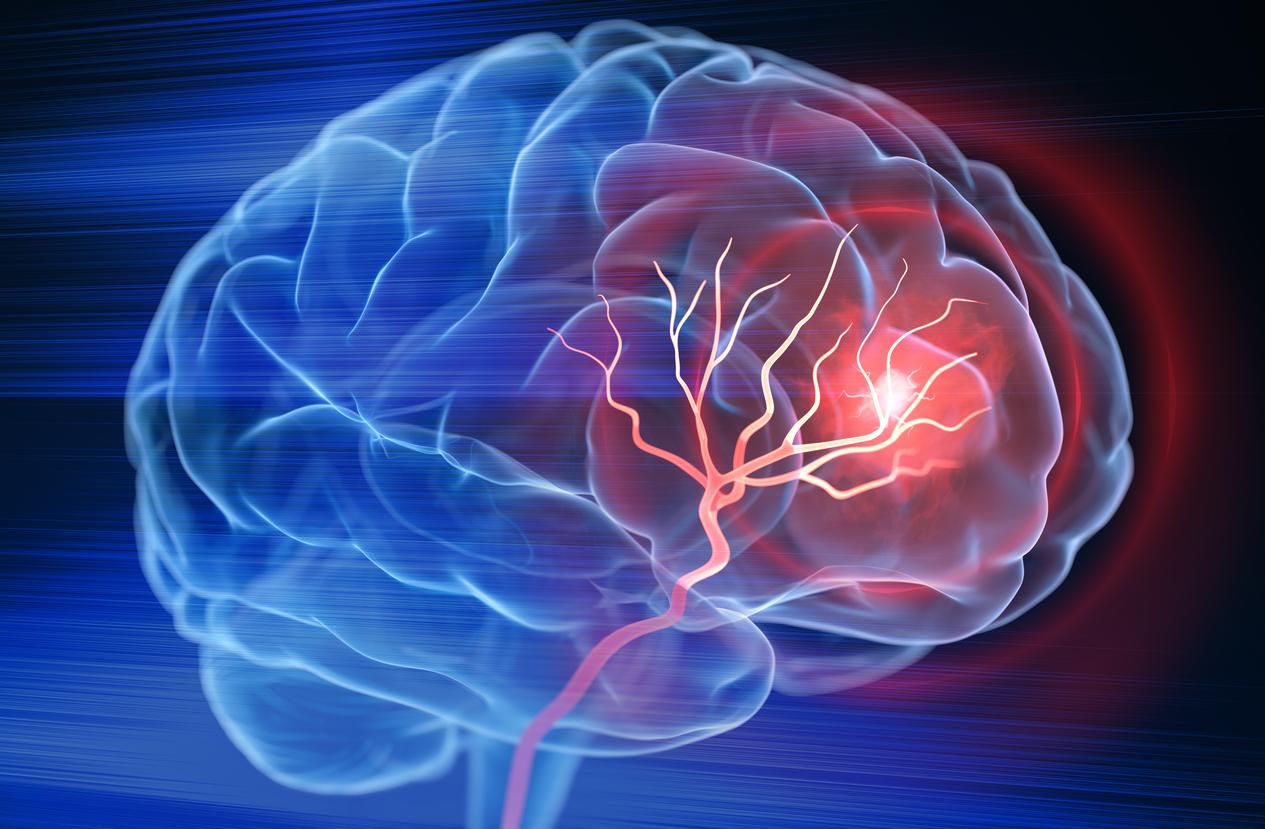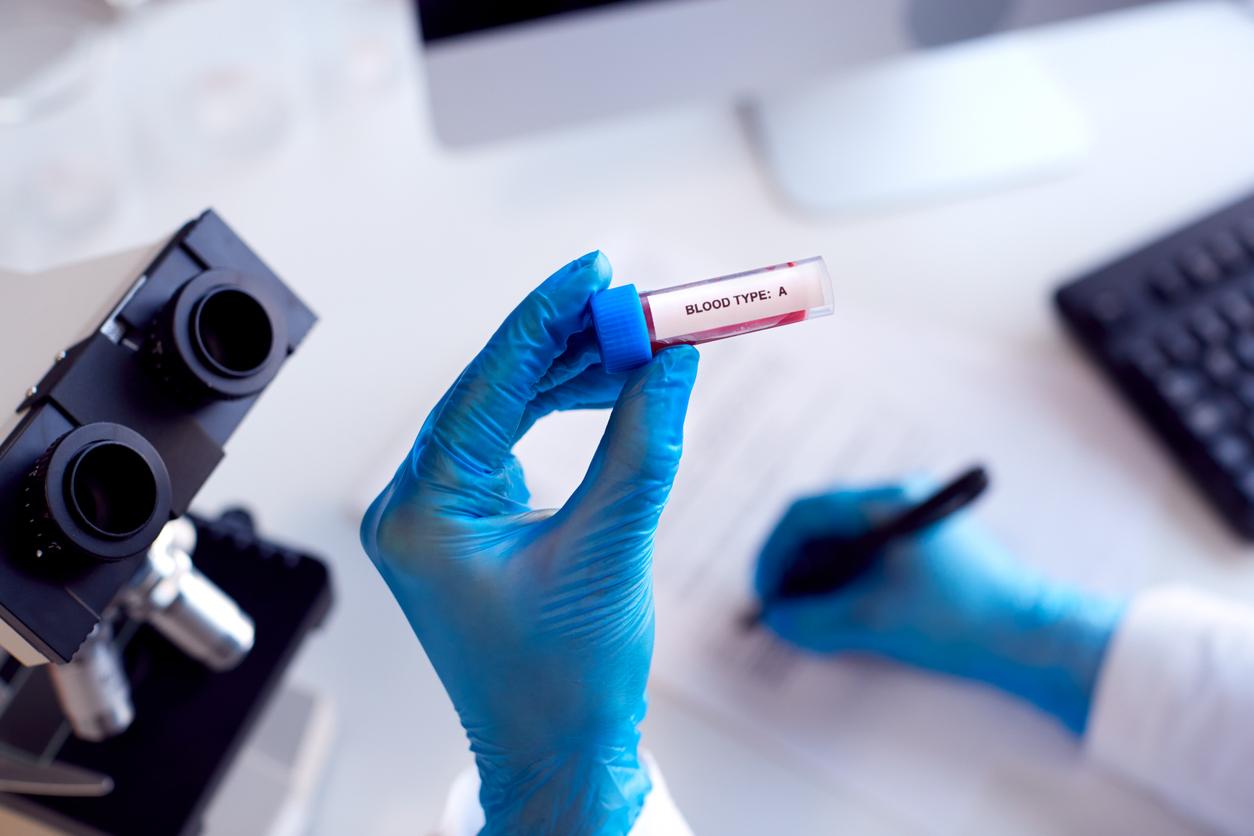After a stroke, one in three people suffers from aphasia. Rehabilitation allows speech to be recovered over time.

When the word refuses to be released. Of those who have survived a stroke, a third have aphasia. Without losing the ability to understand language, these patients find it difficult to use words to express their thoughts or to understand those of others. In order to help recover this essential function, speech therapy is fully supported in the rehabilitation phase.
If the link between stroke and aphasia is so common, it is because of the brain damage seen in many patients. Whether it is due to hemorrhage or ischemia, the incident damages certain areas. When these are involved in the practice of language or its understanding, the consequences can be serious. Depending on the severity of the stroke, patients may find themselves silent, or speaking unintelligible words.
Patience
But the ability to speak is not lost. She’s just damaged. However, “the brain is plastic. He is able to reorganize himself to recover functions, ”recalls Dr Pierre Decavel, neurologist at the CHU de Besançon (Doubs). Hence the interest in working on the functions that have been preserved.
First and foremost, stroke rehabilitation is about patience. Several months to several years are necessary before a patient regains a correct level of language. At best, he can expect to recover 80% of his pre-stroke level. Mireille Kerlan, speech therapist in Vesoul (Haute-Saône), evokes “small progress which is being made day by day”.
To support these (see the report, above), Elisabeth Dutrieux has chosen to take the lead. Wife of a stroke victim, she founded an association which offers singing sessions. A supplement which, she hopes, will help her husband to recover his speech.
In a comparable register, theFrance AVC association offers workshops and conferences to facilitate patient rehabilitation and make life easier for caregivers.

.




